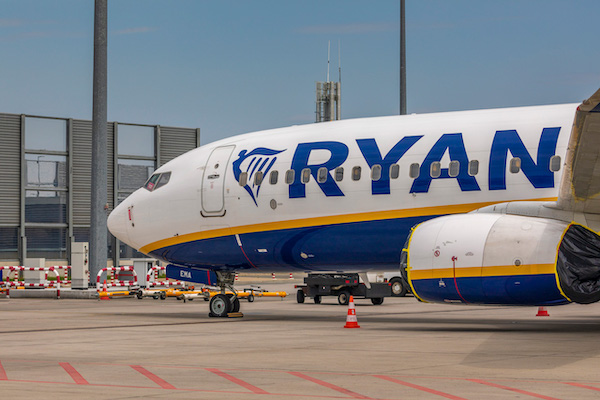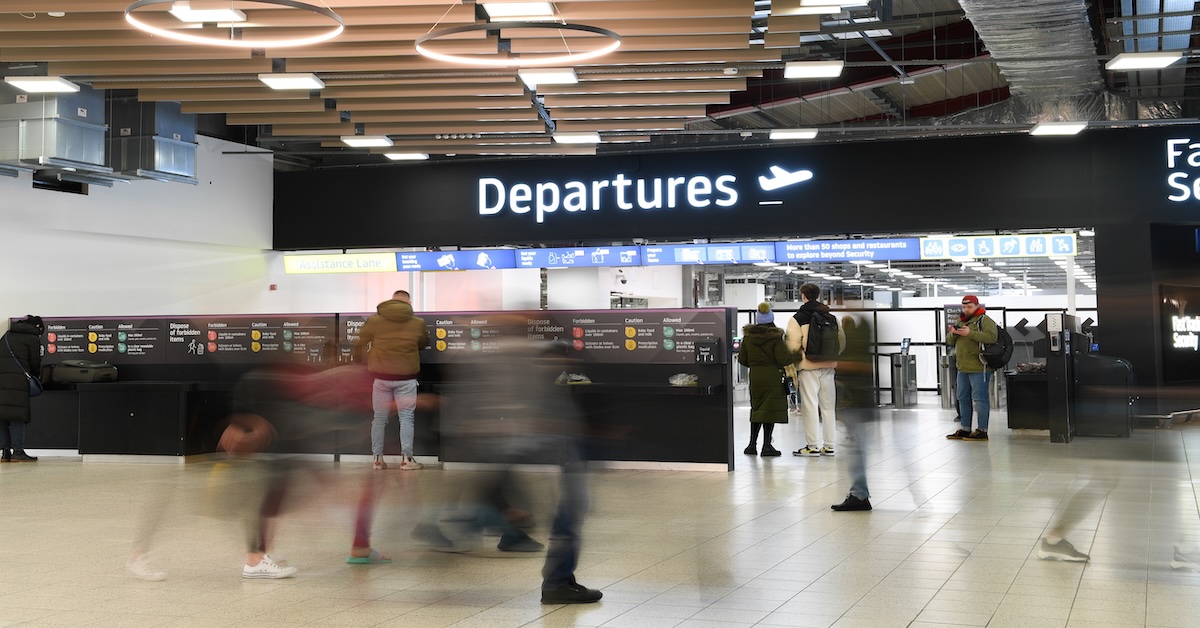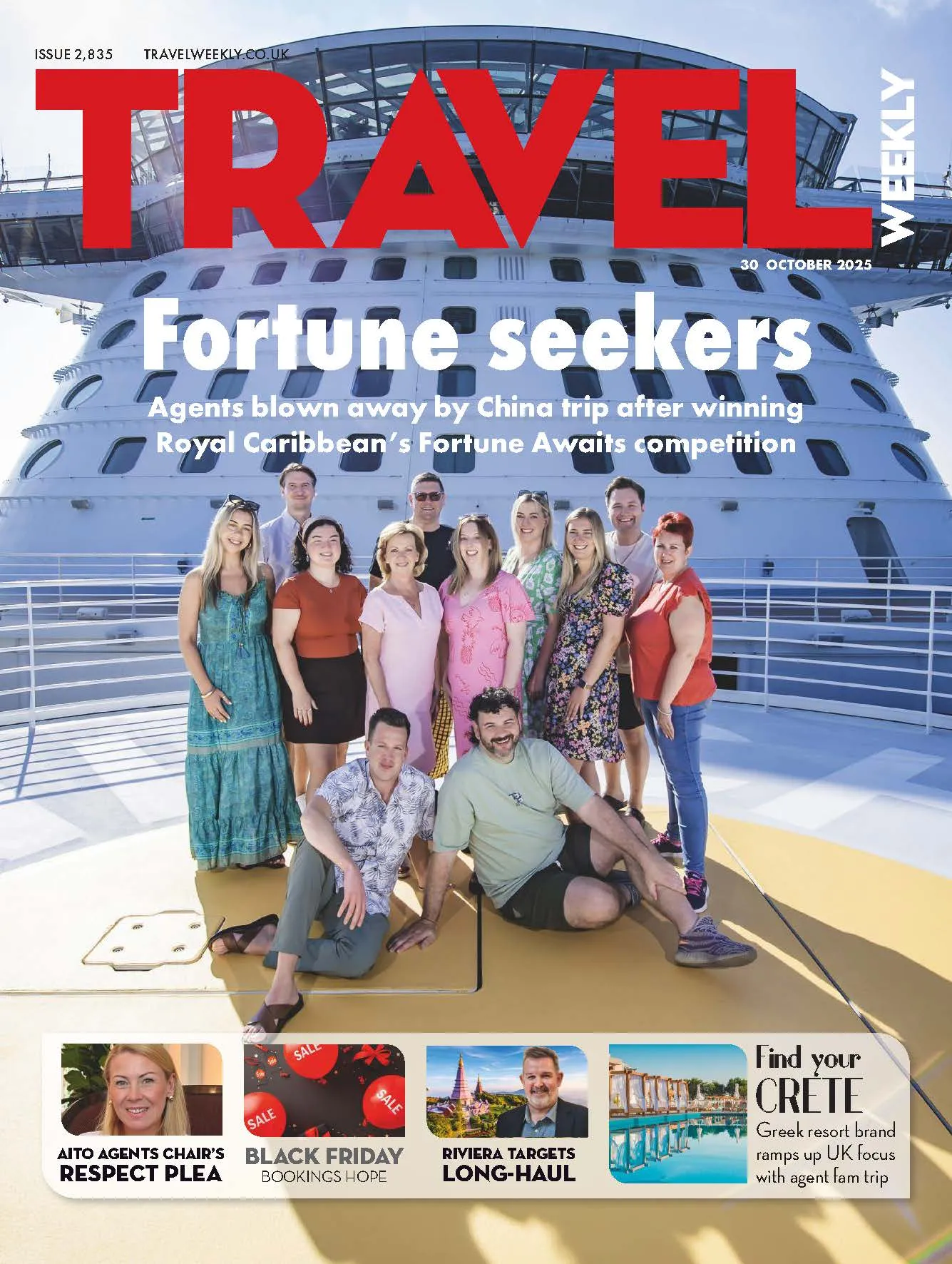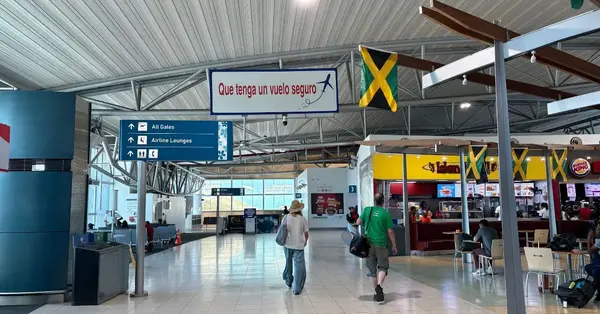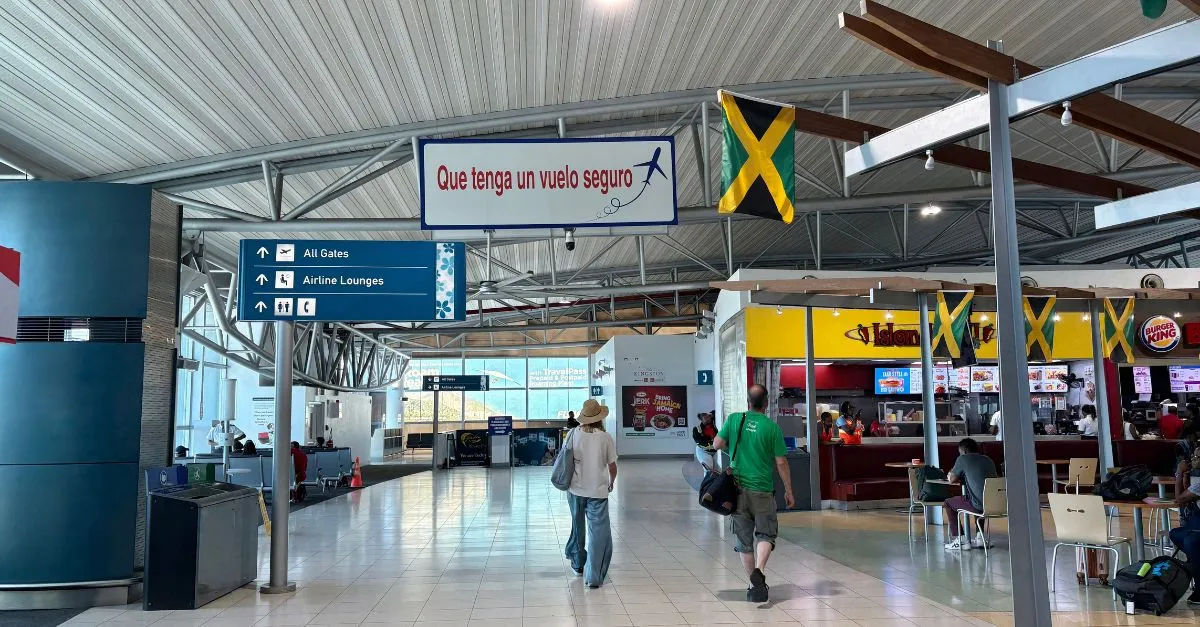You are viewing 1 of your 2 free articles
Analysis: Behind the Ryanair-OTA agreements
Love Holidays, Kiwi and Europe’s biggest carrier had good reason to come to an accommodation. Ian Taylor reports
News of an agency agreement between Ryanair and Love Holidays came as a surprise but was quickly followed by news of a second agreement between the airline and Kiwi.com.
It was a surprise because Ryanair and Europe’s leading online agencies (OTAs) have been locked in legal battles and name calling for years, with tension ratcheting up during the pandemic.
As recently as November, Ryanair boss Michael O’Leary denounced Kiwi as “Europe’s biggest OTA pirate”, while Kiwi joined Booking, eDreams, Expedia, Lastminute, Skyscanner and On the Beach Kiwi in August in demanding UK regulators take enforcement action against Ryanair, accusing it of “unfair” treatment of customers booked through third parties and breaching data protection rules.
The agreements are unlikely to signal an end to the struggle, with Ryanair asserting on Monday: “We continue to pursue OTA pirates like On the Beach, Lastminute, eDreams, Opodo and Booking.”
For their part, the OTAs still have complaints lodged with the CAA, the Competition and Markets Authority (CMA) and Information Commissioner’s Office (ICO) and legal claims and counter claims remain in train around Europe, including an On the Beach claim in the High Court accusing Ryanair of a “concerted smear campaign” and “aggressively seeking to eliminate competition”.
We don’t have details of the agency agreements, but we can be certain they won’t be unfavourable towards Ryanair. Several factors will have led to them.
Ryanair made a notable admission in quarterly results on Monday. Reporting a sharp fall in profits for the three months to December, the carrier blamed not only “higher fuel costs” but “softer yields” after cutting prices following “the sudden (but welcome) removal of flights from OTA pirate websites in early December”.
O’Leary has previously admitted underestimating how many Ryanair bookings come through OTAs, conceding in 2021 that “it was probably about 20%” pre-Covid.
The pandemic only highlighted the difficulties arising from the conflict as both Ryanair and the OTAs struggled to refund customers without agreements in place to share customer information. Changes to the European Package Travel Directive and air passengers’ rights, proposed by the EC in November, would require they do so.
On the Beach won a landmark High Court ruling against Ryanair last October, with the carrier ordered to pay almost £2.1 million in refunds. Ryanair lost despite arguing it had “no contractual obligation” to refund bookings through an OTA, and subsequently also paid out to Travel Republic.
Yet the motivation of Love Holidays and Kiwi and their respective owners may be equally, if not more, important. Both are owned by private equity (PE) investors seeking buyers.
Love Holidays, majority owned by Livingbridge, was reported last August to be seeking almost £1 billion in a sale expected this year. Czech-based Kiwi.com has been majority owned by New York-based PE investor General Atlantic since March 2019 and benefited from an additional €100 million investment in mid-2022.
Both owners would have expected to sell the businesses on within four to five years of acquisition if not for the pandemic and both will now be looking to realise the value of their shareholdings.
Uncertainty about the supply of flights and threats of litigation with Ryanair would have affected their sales prospects and the valuations of prospective buyers.

